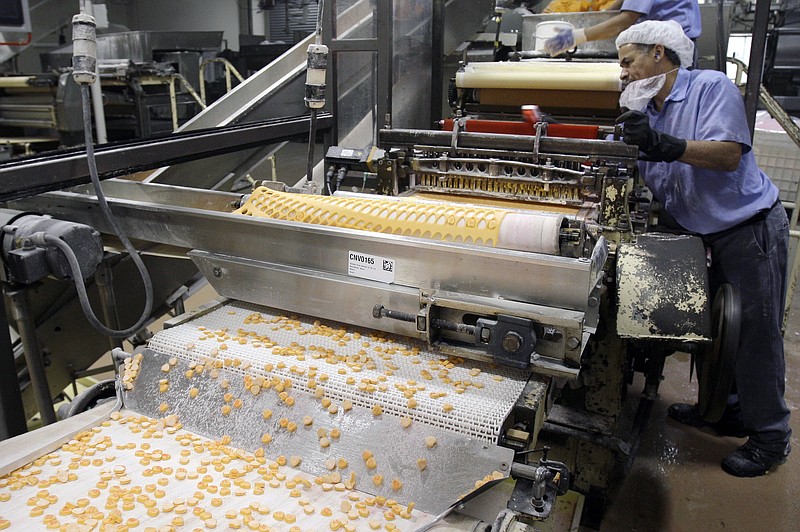With Halloween around the corner, many people (especially parents) worry about the large amounts of candy they or their children consume. Also, with other holidays coming, there will be more opportunities to partake.
The idea sugar may be addictive has become popular lately. There is even research that compares it to the addictive potential of drugs. Sounds scary, right? Let's look at some reasons why sugar addiction has become such a common topic and review the evidence.
Many people feel they cannot control themselves around sweets. They may have a hard time stopping before they get uncomfortably full or feel sick. Cravings that cause us to seek out sugary foods are another common concern. Often we feel we need to have willpower to keep us from going overboard. Do you experience any of these things? Do you worry that if you let your kids eat Halloween candy, they won't be able to stop? Or that you will want to eat more candy than you think you should?
It is important to note most of the research on sugar addiction has been done in mice, and results in animal research do not mean the same results will happen in humans. Even in animal studies, the mice ate sugar uncontrollably when they had not been allowed to eat for 12 hours or more and then were given only sugar to eat. If I had not eaten in 12 hours, I would probably eat large amounts of whatever they gave me, too.
When addictive behaviors around drugs are compared to those around sugar, researchers often found cravings for sugar went away over time and the mice did not continue to seek sugar. There are currently no defined withdrawal symptoms for sugar, though researchers did note anxiety in mice that had not eaten in 36 hours. Have you ever gotten too hungry and become irritable or anxious? So have I. On the other hand, research showed the cravings for drugs often did not go away in the mice, and uncomfortable withdrawal symptoms caused the mice to continue seeking the drugs used in the studies.
So what does all this mean? To me, this shows we tend to crave and to overeat foods more when we do not allow ourselves to have them. We tend to want what we "can't have." If we allow ourselves to eat all foods, eventually sugary foods won't feel so forbidden, and therefore won't be as likely to cause us to eat more of them than is comfortable.
One way I have people test this is to conduct an experiment using a food that has an interesting temperature, taste, texture and aroma. Take a bite and pay attention to these sensory characteristics. Continue to take more bites, each time pausing to notice these things and see what you find. Many people tell me they don't like a food as much as they thought, or they felt satisfied with less of it than expected. With children, offering regular meals and snacks can help prevent the feeling of deprivation that can lead to overeating. Offering a variety of foods (including some candy) takes away the appeal of the forbidden, so they are less likely to crave certain foods all the time.
Julia Henry RD, LD, is a weight-inclusive registered dietitian at Capital Region Medical Center. She specializes in gastrointestinal issues and helping people heal their relationships with food and their bodies through a Health at Every Size approach. Some information Henry used was referenced from 2016 article "Sugar addiction: The state of the science" by M.L. Westwater, P.C. Fletcher and H. Ziauddeen in the European Journal of Nutrition.


